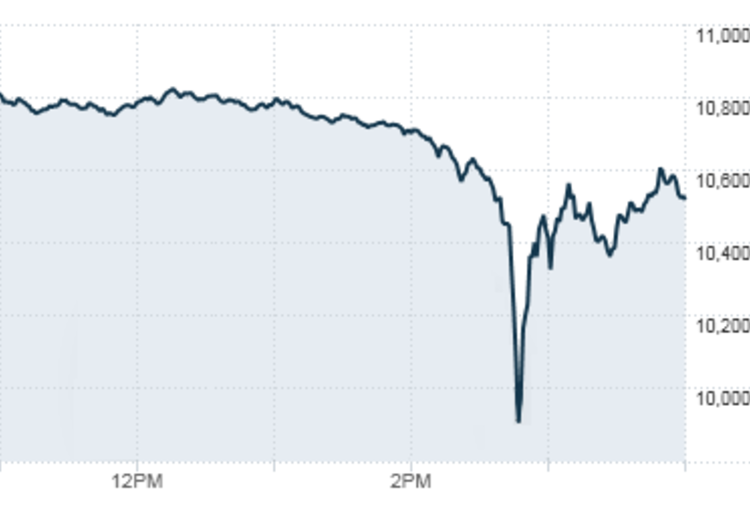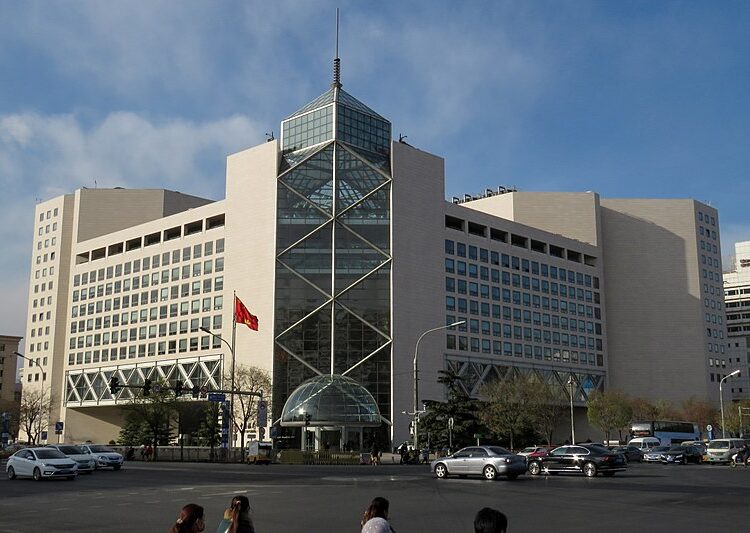Hope dims as U.S. officials acknowledge the unlikelihood of a breakthrough in Gaza negotiations.
- U.S. officials now doubt a cease-fire agreement between Israel and Hamas will be reached before Biden’s term ends.
- The Biden administration continues to pursue a deal, viewing it as essential to ending the conflict.
- Key obstacles include the ratio of Palestinian prisoners to hostages and Hamas’s inconsistent demands.
- Critics accuse Israeli Prime Minister Netanyahu of undermining negotiations.
- The situation is increasingly tense, with Hezbollah’s actions raising the risk of broader conflict.
In a significant shift, senior U.S. officials have privately conceded that a cease-fire and hostage-release deal between Israel and Hamas is unlikely to materialize before the end of President Biden’s term. Despite this, the Biden administration remains committed to pursuing an agreement, viewing it as the only viable path to halt the ongoing war in Gaza and prevent further escalation with Hezbollah. Previously, the White House indicated that the warring parties had agreed on ’90 percent’ of the deal’s text, but many officials now believe that the current framework will not lead to an agreement. nnTwo main factors contribute to this pessimism: the contentious ratio of Palestinian prisoners that Israel must release in exchange for hostages held by Hamas, and the recent violent exchanges with Hezbollah, which have complicated diplomatic efforts. Additionally, U.S. officials express frustration with Hamas’s refusal to finalize agreements after initial demands are met, leading to doubts about the group’s commitment to negotiations. nnCritics have also pointed fingers at Israeli Prime Minister Benjamin Netanyahu, suggesting he may be sabotaging the process to appease hard-right elements within his coalition. The overall mood within the administration and the Middle East is increasingly bleak, with one Arab official stating, ‘There’s no chance now of it happening.’ nnThe failure to secure a deal could have lasting implications for Biden’s legacy, especially as families of hostages await their loved ones’ return and Palestinians in Gaza suffer from the ongoing conflict, which has claimed over 40,000 lives. National security adviser Jake Sullivan recently met with families of American hostages, who expressed their frustration over the lack of progress. nnDespite the daunting prospects, the administration continues to emphasize the importance of a cease-fire, which they believe could ease tensions and facilitate diplomatic relations between Israel and Saudi Arabia. However, Saudi Crown Prince Mohammed bin Salman has made it clear that recognition of Israel hinges on the establishment of a Palestinian state. nnAs the situation evolves, U.S. officials remain in discussions with mediators in Egypt and Qatar, stressing that it would be irresponsible to abandon efforts for a resolution. They urge all parties to demonstrate leadership and compromise to achieve a breakthrough.·
Factuality Level: 7
Factuality Justification: The article provides a detailed account of the current situation regarding the cease-fire negotiations between Israel and Hamas, including insights from U.S. officials. While it presents a range of perspectives and acknowledges the complexities involved, it also includes some speculative elements about future outcomes and the political implications for President Biden. Overall, it maintains a factual basis but could benefit from a more balanced presentation of viewpoints.·
Noise Level: 7
Noise Justification: The article provides a detailed account of the current situation regarding the cease-fire negotiations between Israel and Hamas, including insights from U.S. officials and the implications for Biden’s administration. It presents relevant information and analysis, although it could benefit from more scientific rigor and actionable insights.·
Key People: Joe Biden (President), Benjamin Netanyahu (Israeli Prime Minister), Jake Sullivan (National Security Adviser), Antony Blinken (Secretary of State), John Kirby (National Security Council Spokesman), William Burns (CIA Director), Mohammed bin Salman (Saudi Crown Prince), Hassan Nasrallah (Hezbollah Leader), Kamala Harris (Vice President), Donald Trump (Former President)
Financial Relevance: Yes
Financial Markets Impacted: The ongoing conflict and potential diplomatic resolutions could impact financial markets, particularly those related to defense, energy, and international relations.
Financial Rating Justification: The article discusses the geopolitical situation in the Middle East, which has significant implications for global financial markets, including potential impacts on oil prices, defense spending, and international trade.·
Presence Of Extreme Event: Yes
Nature Of Extreme Event: Armed Conflicts and Wars
Impact Rating Of The Extreme Event: Catastrophic
Extreme Rating Justification: The ongoing conflict between Israel and Hamas has resulted in over 40,000 Palestinian deaths, indicating severe humanitarian impact and destruction. The situation is escalating with military actions involving Hezbollah, suggesting a high level of violence and instability.·
Move Size: No market move size mentioned.
Sector: All
Direction: Down
Magnitude: Large
Affected Instruments: Stocks
 www.wsj.com
www.wsj.com 





